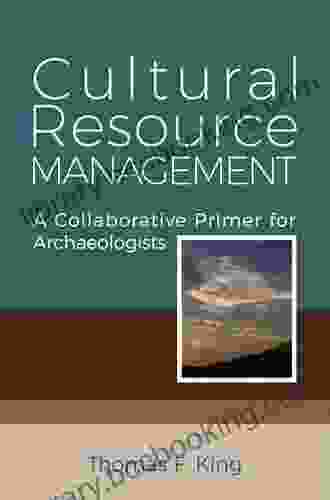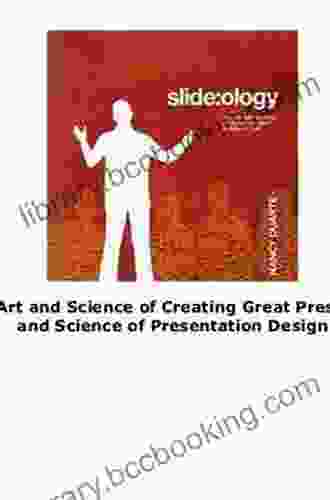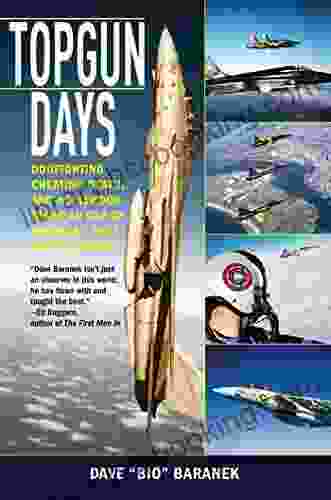Cultural Resource Management Collaborative Primer For Archaeologists

As we delve into the captivating world of archaeology, we often encounter the crucial realm of cultural resource management (CRM). CRM plays a central role in ensuring the responsible and ethical stewardship of our precious cultural heritage. This comprehensive guide, aptly titled "Cultural Resource Management Collaborative Primer for Archaeologists," serves as an indispensable resource for archaeologists navigating the complex landscape of CRM.
4.6 out of 5
| Language | : | English |
| File size | : | 530 KB |
| Text-to-Speech | : | Enabled |
| Screen Reader | : | Supported |
| Enhanced typesetting | : | Enabled |
| Word Wise | : | Enabled |
| Print length | : | 272 pages |
Understanding Cultural Resource Management
Cultural resource management encompasses the identification, evaluation, preservation, and management of cultural resources. These resources include archaeological sites, historic buildings, traditional cultural properties, and any other physical evidence of past human activity that holds cultural or historical significance.
CRM practitioners strive to balance the need for development and economic growth with the preservation of our cultural heritage. They work closely with government agencies, developers, landowners, and other stakeholders to ensure that cultural resources are considered in land-use planning and development projects.
The Role of Archaeologists in CRM
Archaeologists play a critical role in CRM by conducting archaeological surveys and excavations, documenting and analyzing cultural resources, and providing expert recommendations for their preservation. They work with CRM professionals to develop mitigation plans to minimize or avoid impacts to archaeological sites and other cultural resources.
Archaeologists also play a vital role in public outreach and education, raising awareness about the importance of cultural resource preservation and promoting responsible stewardship of our heritage.
Key Concepts in CRM
To effectively navigate the field of CRM, it is essential to understand key concepts such as:
- Cultural Resource Significance: Determining the importance and value of cultural resources based on their physical, historical, cultural, or archaeological significance.
- Archaeological Survey: Conducting field surveys to identify and document archaeological sites and other cultural resources.
- Archaeological Excavation: Recovering and analyzing archaeological materials to gain insights into past human behavior and cultural practices.
- Mitigation Planning: Developing strategies to minimize or avoid impacts to cultural resources during development projects.
- Cultural Resource Management Plan: A document that outlines the CRM activities to be undertaken during a development project.
Ethical Considerations in CRM
Ethical considerations are paramount in CRM, guiding the actions of archaeologists and other CRM professionals. These include:
- Respect for Cultural Diversity: Recognizing and respecting the values and beliefs of different cultural groups regarding their cultural heritage.
- Minimizing Impacts: Striving to minimize or avoid impacts to cultural resources during research and development activities.
- Confidentiality and Data Protection: Protecting the privacy of individuals and the confidentiality of archaeological data.
- Transparency and Collaboration: Engaging in open and collaborative communication with stakeholders throughout the CRM process.
The "Cultural Resource Management Collaborative Primer for Archaeologists" provides a comprehensive overview of the principles and practices of CRM. This invaluable guide empowers archaeologists with the knowledge and skills necessary to effectively participate in the collaborative stewardship of our cultural heritage. By embracing ethical considerations and fostering collaboration, we can ensure that future generations can continue to learn from and appreciate the richness of our past.
4.6 out of 5
| Language | : | English |
| File size | : | 530 KB |
| Text-to-Speech | : | Enabled |
| Screen Reader | : | Supported |
| Enhanced typesetting | : | Enabled |
| Word Wise | : | Enabled |
| Print length | : | 272 pages |
Do you want to contribute by writing guest posts on this blog?
Please contact us and send us a resume of previous articles that you have written.
 Book
Book Novel
Novel Page
Page Chapter
Chapter Text
Text Story
Story Genre
Genre Reader
Reader Library
Library Paperback
Paperback E-book
E-book Magazine
Magazine Newspaper
Newspaper Paragraph
Paragraph Sentence
Sentence Bookmark
Bookmark Shelf
Shelf Glossary
Glossary Bibliography
Bibliography Foreword
Foreword Preface
Preface Synopsis
Synopsis Annotation
Annotation Footnote
Footnote Manuscript
Manuscript Scroll
Scroll Codex
Codex Tome
Tome Bestseller
Bestseller Classics
Classics Library card
Library card Narrative
Narrative Biography
Biography Autobiography
Autobiography Memoir
Memoir Reference
Reference Encyclopedia
Encyclopedia Vivian Alsup
Vivian Alsup Sue Thomas
Sue Thomas Timothy Mclean
Timothy Mclean Paul Lagreca
Paul Lagreca Sean Hartlieb
Sean Hartlieb Prepvantage
Prepvantage L Michele Issel
L Michele Issel Terrence Real
Terrence Real Ron Chernow
Ron Chernow Timeless Evocations
Timeless Evocations Talia Beckett
Talia Beckett Paul Robbins
Paul Robbins Patrick Hodges
Patrick Hodges Wolfgang Stroebe
Wolfgang Stroebe Marissa Anderson
Marissa Anderson Simon Critchley
Simon Critchley Nigel Slater
Nigel Slater Tony Burton
Tony Burton Tessa Bielecki
Tessa Bielecki Robert Hardman
Robert Hardman
Light bulbAdvertise smarter! Our strategic ad space ensures maximum exposure. Reserve your spot today!

 Octavio PazEmpower Yourself: Ace the NMLS SAFE Act Mortgage Loan Originator License Exam...
Octavio PazEmpower Yourself: Ace the NMLS SAFE Act Mortgage Loan Originator License Exam...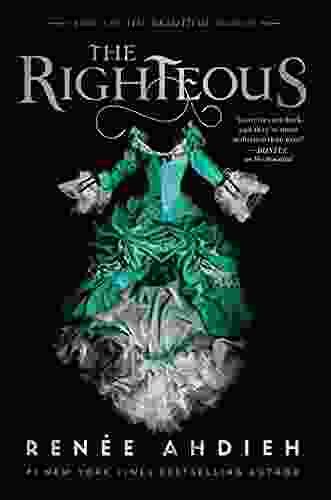
 Nikolai GogolThe Righteous: The Beautiful Quartet - A Captivating Exploration of Love,...
Nikolai GogolThe Righteous: The Beautiful Quartet - A Captivating Exploration of Love,... Herman MelvilleFollow ·18.4k
Herman MelvilleFollow ·18.4k Chase SimmonsFollow ·10k
Chase SimmonsFollow ·10k Braeden HayesFollow ·12.3k
Braeden HayesFollow ·12.3k Sam CarterFollow ·5.3k
Sam CarterFollow ·5.3k Jacques BellFollow ·11.8k
Jacques BellFollow ·11.8k Ricky BellFollow ·14.3k
Ricky BellFollow ·14.3k Vincent MitchellFollow ·9.8k
Vincent MitchellFollow ·9.8k Harrison BlairFollow ·2.2k
Harrison BlairFollow ·2.2k
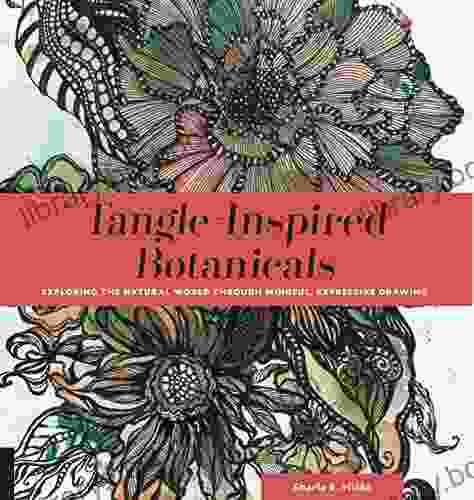
 Brian Bell
Brian BellExploring The Natural World Through Mindful Expressive...
Unleash the...
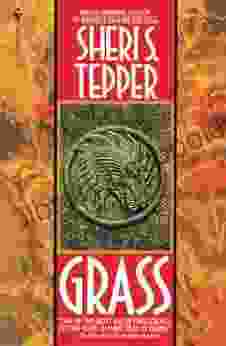
 David Baldacci
David BaldacciJourney into the Enigmatic World of "Grass" by Sheri S....
Prepare to be captivated by "Grass," a...
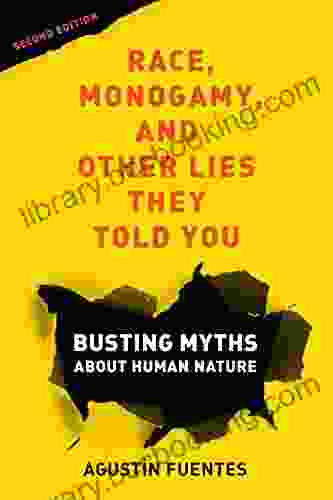
 Dashawn Hayes
Dashawn HayesBusting Myths About Human Nature: Unraveling the Complex...
Challenging the...

 Ernest Hemingway
Ernest HemingwayNotes on Suicide: A Profound Exploration of the...
Suicide, a taboo subject shrouded in...
4.6 out of 5
| Language | : | English |
| File size | : | 530 KB |
| Text-to-Speech | : | Enabled |
| Screen Reader | : | Supported |
| Enhanced typesetting | : | Enabled |
| Word Wise | : | Enabled |
| Print length | : | 272 pages |


